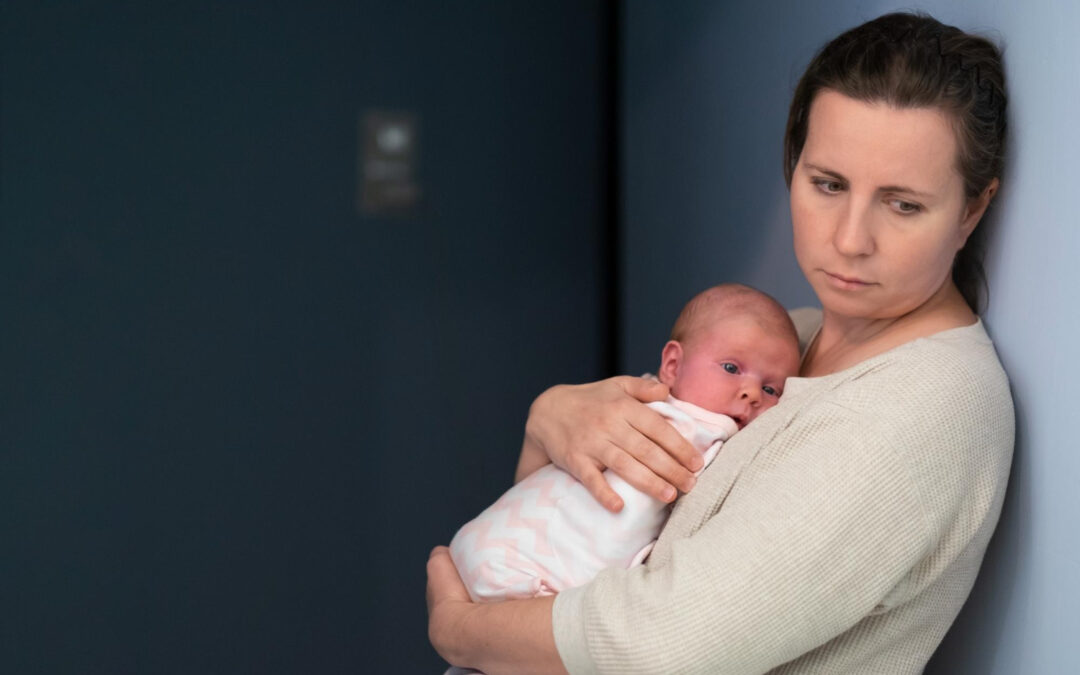Welcoming a new baby is often described as one of life’s happiest moments—but for many new parents, it’s also one of the most emotionally challenging. Postpartum depression (PPD) affects 1 in 7 mothers, and yet, it remains misunderstood and often undiagnosed. Recognizing the signs and knowing when to seek help is crucial for both the parent’s and the baby’s well-being.
What is Postpartum Depression?
PPD is more than just the “baby blues.” While it’s normal to feel overwhelmed and emotional after childbirth, PPD is a serious mental health condition that can persist for weeks or even months if left untreated. Symptoms may include:
- Persistent sadness or mood swings
- Fatigue and difficulty sleeping (even when the baby sleeps)
- Loss of interest in activities once enjoyed
- Difficulty bonding with the baby
- Feelings of hopelessness or worthlessness
- In severe cases, thoughts of self-harm or harming the baby
What Causes Postpartum Depression?
There’s no single cause, but several factors can contribute, including:
- Hormonal shifts after childbirth
- Physical exhaustion from labor and caring for a newborn
- Emotional stress and feelings of inadequacy
- History of depression or anxiety
When to Seek Help
If symptoms last more than two weeks or begin to interfere with daily functioning, it’s time to seek professional support. PPD is treatable, and early intervention can make a significant difference.
How EEUNOIA Can Help
Our specialized therapists offer a compassionate, judgment-free space where new parents can explore their feelings, process their experiences, and develop coping strategies. We focus on both emotional support and practical tools to help parents navigate this transitional period.
Postpartum depression is common, but it’s also temporary—with the right support. If you or someone you know is struggling, reach out to EEUNOIA today. You deserve to feel supported and empowered on your parenting journey.

